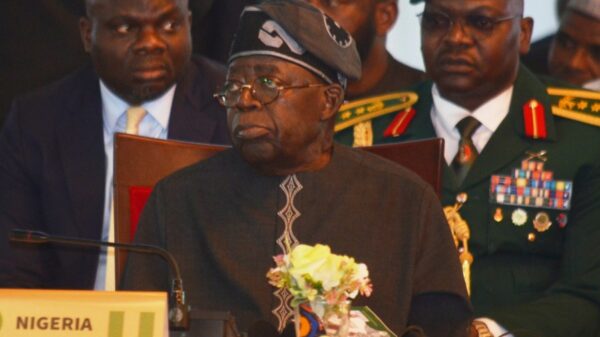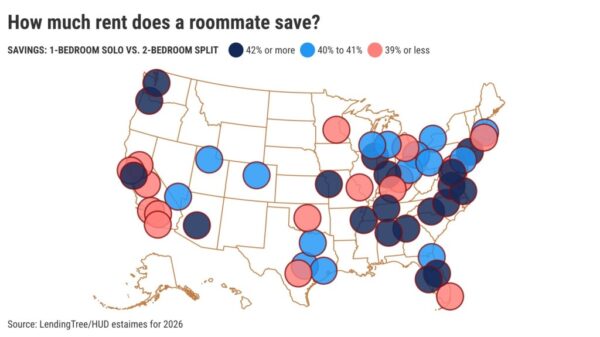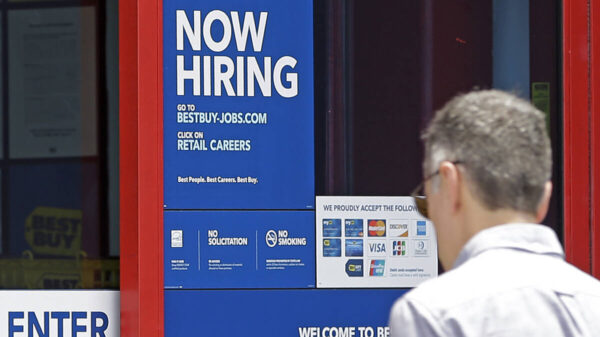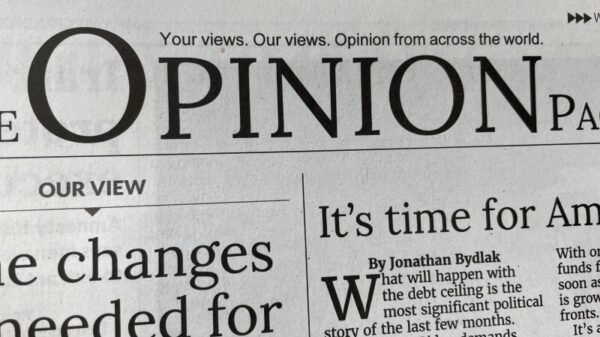UPDATE: In a significant move, bipartisan senators are challenging the Commodity Futures Trading Commission (CFTC) over its recent approval of sports-related prediction markets. Senators Catherine Cortez Masto (D-NV) and John Curtis (R-UT) are gathering support for a draft letter that expresses deep concern about the CFTC’s approach to regulating these markets.
The senators are specifically targeting the CFTC’s decision to permit companies to market sports betting as regulated “event contracts.” This alarming development has raised questions about the implications for state and tribal control over sports wagering. As it stands, the CFTC’s actions appear to undermine the federal ban on gaming contracts, which Congress established.
The draft letter, set to be sent to Caroline Pham, the acting CFTC Chair, argues that the agency has effectively opened the door for companies to sell sports betting products across all 50 states. These companies claim they can facilitate bets nationwide, which the senators contend directly contradicts existing laws designed to protect state sovereignty over gambling.
Lawmakers warn that the CFTC’s inaction could significantly weaken the authority of states and tribes, a power that the Supreme Court has ruled belongs to them. The senators’ letter explicitly states that the CFTC cannot sidestep congressional bans simply by rebranding bets as event contracts.
As this situation unfolds, the CFTC’s lack of specific regulations concerning sports events has allowed operators to label their offerings as event contracts at their discretion. Critics argue that these contracts are effectively indistinguishable from traditional sports bets, yet lack essential safety measures mandated for state-licensed operators, such as age checks and responsible gaming protocols.
The senators’ letter reflects widespread concerns within the industry and among tribal regulators, who fear that expanding federal oversight could overshadow local laws and erode established regulatory frameworks. The urgency is palpable as prediction markets come under increased scrutiny, particularly ahead of major sporting events like the Super Bowl.
If the draft letter gains traction, it could compel the CFTC to clarify its position and possibly rethink its current approach to prediction markets. As lawmakers push for accountability, the future of sports betting regulation hangs in the balance, with significant implications for both consumers and the integrity of state-level gambling controls.
Stay tuned for updates as this developing story unfolds. The stakes are high, and the impact on local economies and regulatory landscapes could be profound.








































































